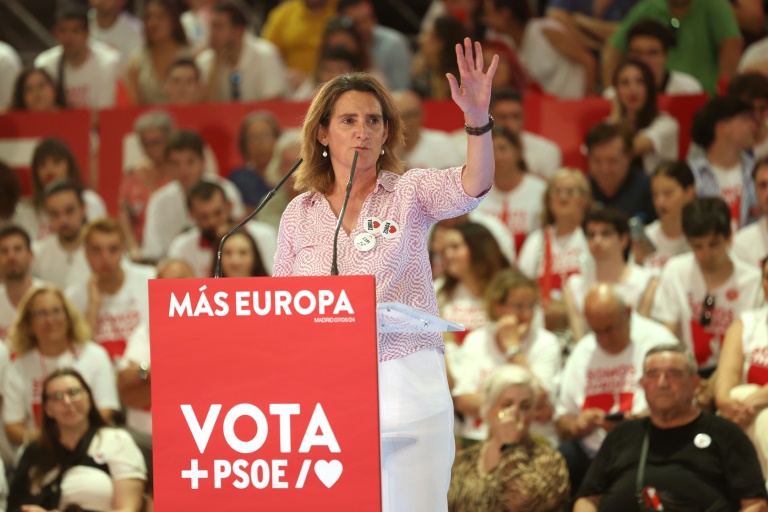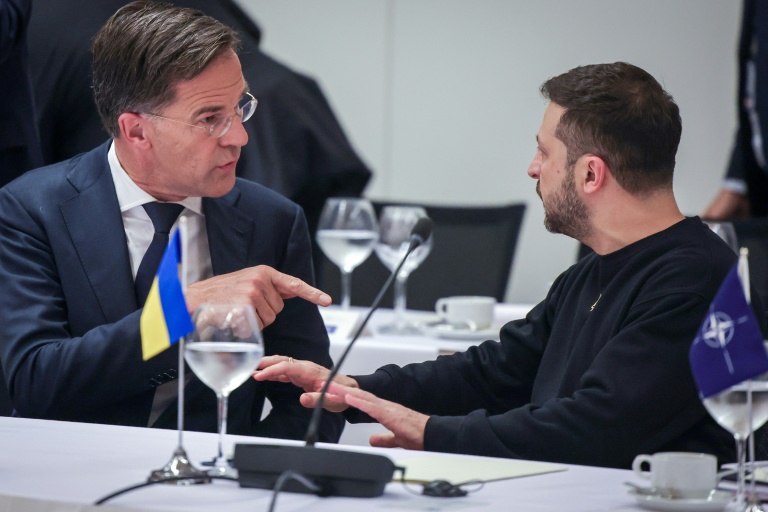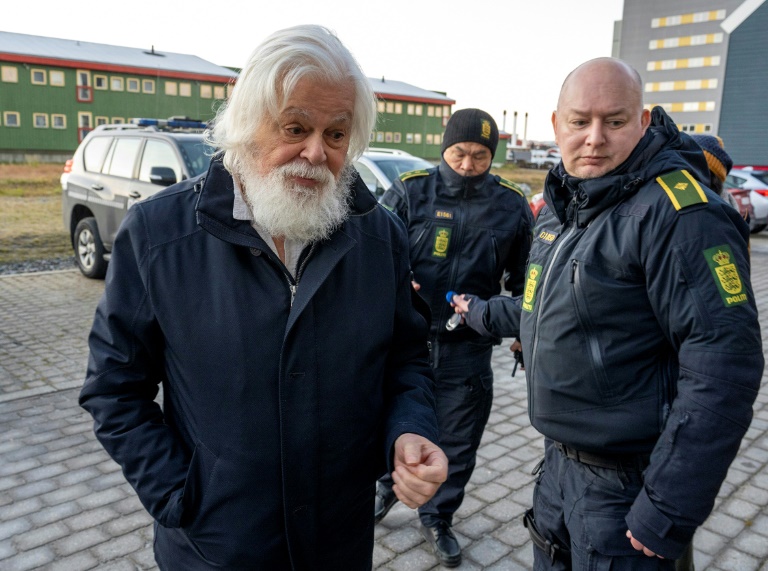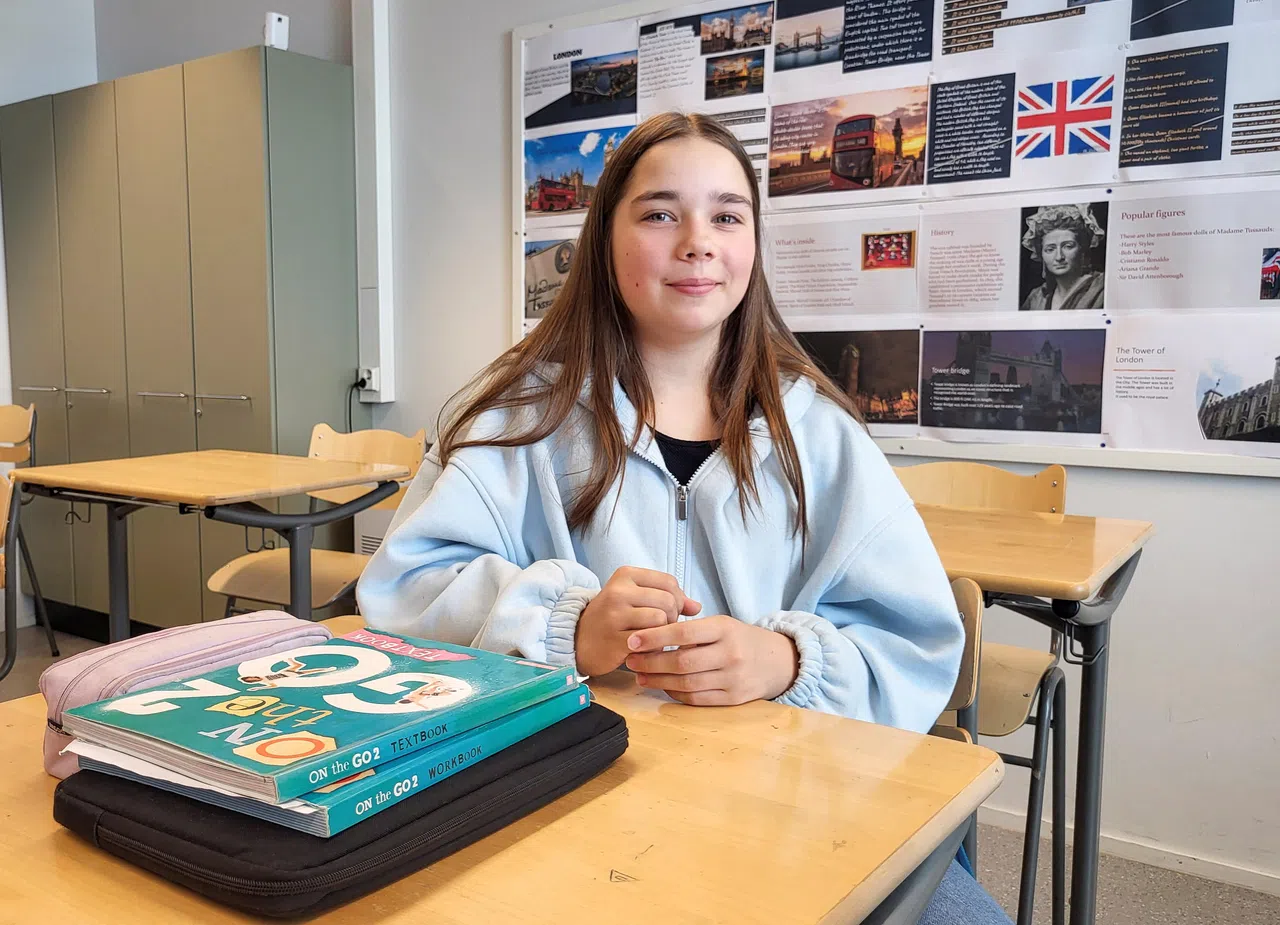Spain’s ecological transition minister Teresa Ribera, who is poised to become a European Union commissioner, is a longtime environmentalist known for her negotiating skills and climate expertise.
The 55-year-old is close with Spain’s Socialist Prime Minister Pedro Sanchez, who said she would bring a “socialist approach” to the European Commission, the executive arm of the bloc.
European Union chief Ursula von der Leyen will unveil her new team of commissioners on Tuesday, with Ribera tipped to inherit one of the major portfolios such as economic transformation, environment or competition, which is responsible for enforcing antitrust rules and policing state aid.
Ribera is expected to use the post to speed up the implementation of the EU’s Green Deal — an ambitious plan to make the bloc climate-neutral by 2050 — which has come under fire from the fossil fuel industry and the agricultural sector, as well as from political parties on the right and far right.
Ribera has argued the Green Deal can be combined with economic competitiveness.
“You have to be less ideological and (have) more pragmatism and explain how all the costs in the future will be higher,” Ribera said in a recent interview with the Financial Times.
Born on May 19, 1969, Ribera was raised in an upmarket Madrid suburb by her writer mother and her father, who is a professor of medicine, along with her four sisters.
She is married to an Argentinian lawyer, Mariano Bacigalupo, a former executive at Spanish competition authority CNMC.
A graduate of law and political science from Madrid’s Complutense University, she began her career in the 1990s at the ministry of public works before moving to Spain’s climate change bureau.
Ribera served as secretary of state for climate change under former Socialist Prime Minister Jose Luis Rodriguez Zapatero, before moving to Paris in 2013, where she headed the IDDRI think tank which focuses on sustainable development.
As part of this role she participated in discussions on the 2015 Paris climate agreement and advised the United Nations on climate matters.
Sanchez then appointed her minister for the ecological transition when he came to power in 2018.
The media-savvy mother of two daughters has established herself as a pillar of Sanchez’s government who is well regarded in Brussels, although her opposition to nuclear power upsets some member states, according to a diplomatic source.
She is also fluent in English and French.
“She is a person of dialogue, who listens and knows how to be open to certain proposals,” the director of Greenpeace Spain, Eva Saldana, told AFP.
“She has a good grasp of the issues” and this has enabled “significant progress” to be made on several subjects,” Saldana added.
In Brussels, she played a key role in concluding a reform of the electricity market and in Spain she has promoted the development of green hydrogen, banned wolf hunting and put in place a pan to save the Mar Menor — one of Europe’s largest saltwater lagoons that is threatened by agricultural runoff.
Ribera’s measures have sometimes faced opposition, especially by farmers.
“Her decisions have been marked by an ‘anti-farmer’ bias, which raises doubts about the role she could play in Brussels,” one of Spain’s largest farmers associations, Asaja, said in a statement, criticising her “inflexibility”.
Ribera has not hesitated to stand up to the big bosses in the energy sector, such as Ignacio Sanchez Galan, the head of Spanish utility giant Iberdrola, and Josu Jon Imaz, the head of Spanish oil firm Repsol.
As minister she has also clashed at times with von der Leyen, deeming her to be too soft at times on environmental issues.
“She’s going to be faced with some very complex arithmetic. Let’s hope she has the courage to fight for progress” on environmental issues, said Saldana.
AFP
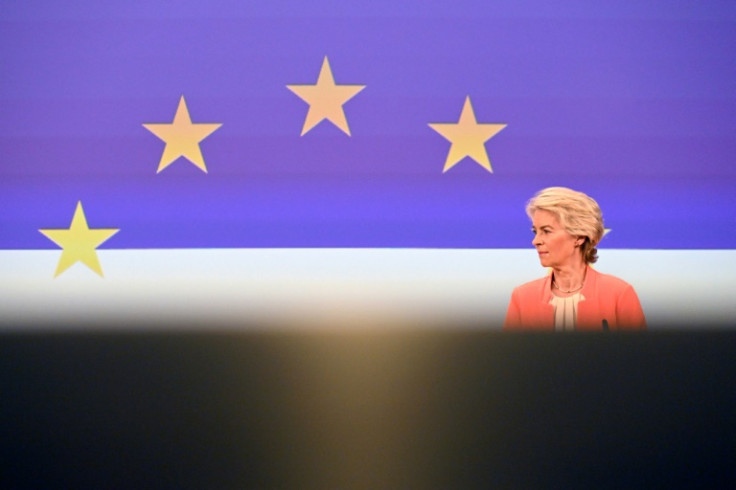
AFP

